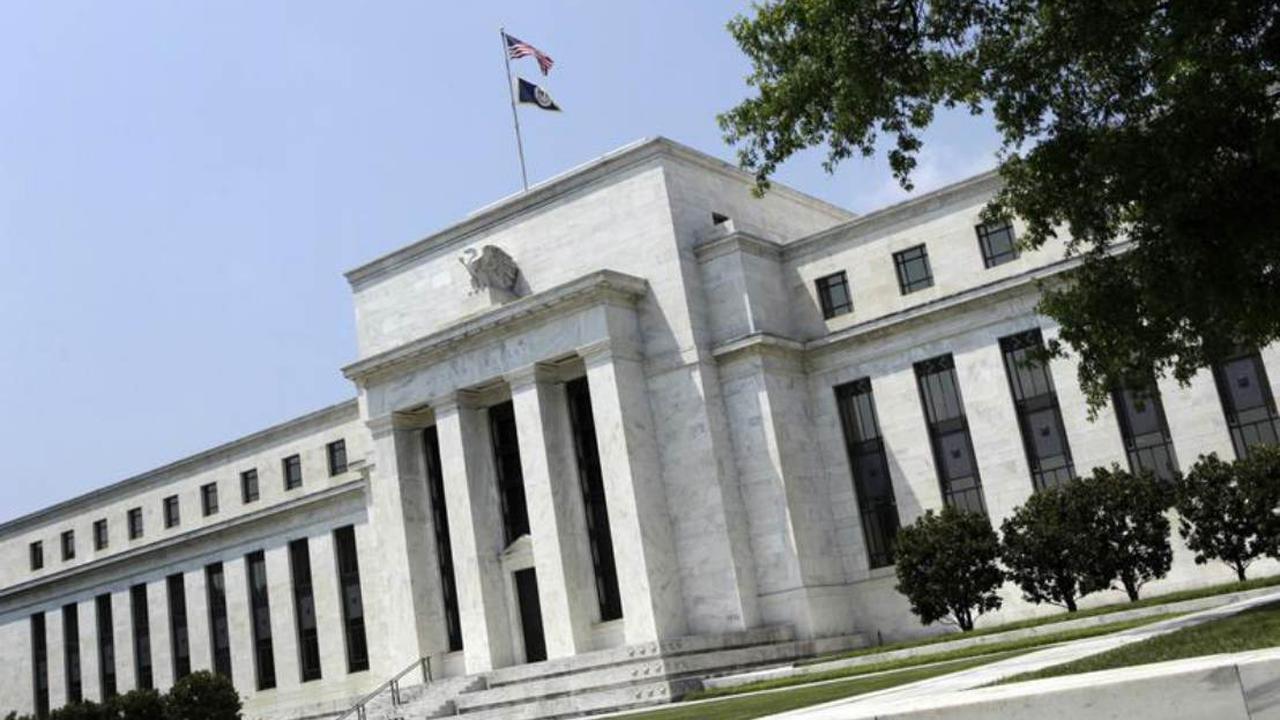Fed’s Powell optimistic on economy, cites trade as new risk
At the conclusion of his first two-day meeting as chair of the Federal Reserve, Jerome Powell discussed the Federal Open Market Committee’s (FOMC) optimism about strengthening economic indicators despite new potential headwinds.
“The economic outlook has strengthened in recent months,” Powell said during a press conference on Wednesday. “Several factors are supporting the outlook: fiscal policy has become more stimulative, ongoing job gains are boosting incomes and confidence, foreign growth is on a firm trajectory and overall financial conditions remain accommodating.”
When it comes to projections for the coming years, Powell noted “real GDP is stronger, unemployment is lower [and] inflation is slightly higher.” The FOMC forecast that it will raise the benchmark interest rate three times in 2019, up from two, as previously estimated.
While inflation remains below the Fed’s 2% target, FOMC members expect that it will approach 1.9% this year and settle around 2% over the medium-term, according to Powell. Additionally, the labor force participation rate moved slightly higher last month, which the head of the central bank noted is particularly positive considering an aging labor force is exerting downward pressure on the metric.
Among the factors that Powell said FOMC members expect to continue to boost the outlook is the Tax Cuts and Jobs Act. In theory, he said, lower corporate tax rates and the expensing provisions should encourage more investment in the U.S., which would lead to a corresponding rise in productivity. When productivity rises, wages are also likely to increase.
However, there is a new potential headwind FOMC members discussed: trade. Earlier this month the Trump administration announced controversial steel and aluminum tariffs, scheduled to go into effect on Friday.
“A number of participants in [the] FOMC did bring up the issue of trade,” Powell said on Wednesday, adding that participants have been approached by members of the business community who have expressed fears of more widespread retaliation.
This also comes as the U.S. government is expected to announce new tariffs on Chinese imports this week to combat Beijing’s alleged penchant for stealing intellectual property from U.S. companies. Powell said a trade war with China was not specifically discussed during the two-day meeting.
Despite these new risks to the economy, Powell maintained that the Fed is not overly concerned.
“There's no thought that changes in trade policy should have an effect on the current outlook,” he said.
In addition to trade, the other area that Powell cited as a potential risk is asset prices, some of which are high compared to historical norms.




















